Maybe I should have kept the bricks where they were?
After the LOD: how to organize our network of institutions?
- Who offers what service?
- Who ensures the SLA of data access?
- Who controls what data?
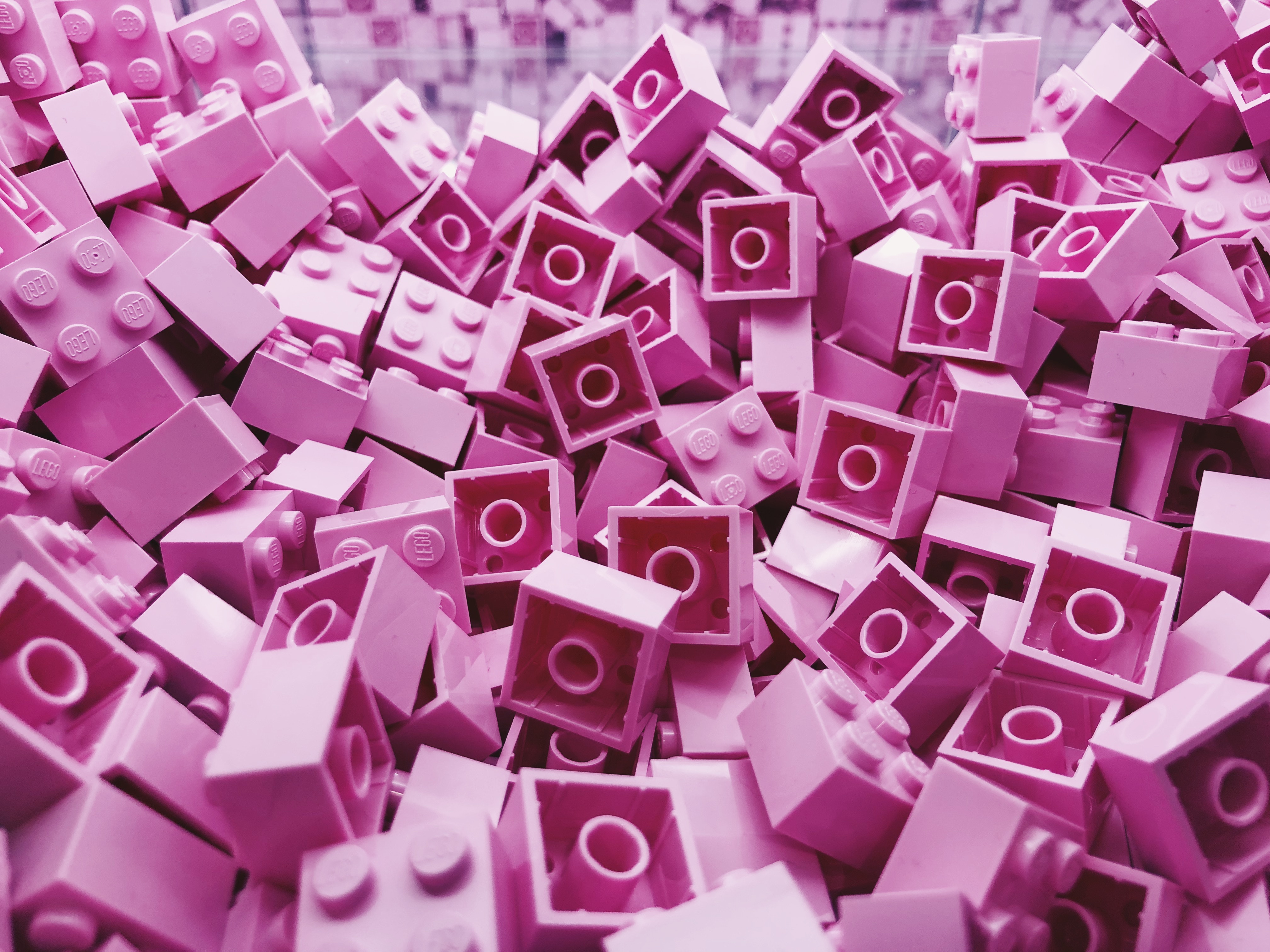 Photo by Ryan
Quintal on Unsplash
Photo by Ryan
Quintal on Unsplash
GLAMs start decentralised.
Why do we centralise via aggregation?
Visibility and discovery, quality, and infrastructure.

GLAM networks start decentralised.
Why do we centralise via aggregation?
-
Easier disambiguation and interlinking,
but a bigger problem space.
-
Single point of access,
but long-term synchronization and quality issues.
-
No burden of infrastructure,
but no control and feedback (eg. enrichments or innovations).
Centralisation and decentralisation both have their merits.
In the end, what matters is scale and sustenance for your network.
Decentralised Web networks make individual nodes
the source of truth.

Aggregators become part
of a larger network.

Aggregators serve as a crucial
but transparent layer in the network.

Decentralised Web networks are between nodes.
Aggregators become facilitator.

Think decentralised:
a future for Web data exchange with Solid

Solid is about choice.
The Solid ecosystem enables institutions to pick the
apps they need,
while
storing their data wherever they want.
Institutions control their data,
and share it
with the apps and people they choose.
 Photo by Nathan Dumlao on Unsplash
Photo by Nathan Dumlao on Unsplash
People choose where they store
every single piece of data they produce.

They can grant apps and people access
to very specific parts of their data.

Separating app and storage competition
drives innovation and increases mobility.

Solid is not a company or organisation.
Solid is not (just) software.
-
Solid is an ecosystem
- standards enable interoperability
-
Solid is a movement
- shifting the app builder mindset
-
Solid is a community
-
different people, companies, and organisations
![[the Solid logo]](images/solid-logo.svg)
The Solid server acts as a data pod
that stores and guards your data.
-
a regular Web server
- with support for access control
- with support for Linked Data
-
application-agnostic
- build any application
- application-specific logic resides in clients
-
just like your website
- your data can be opened with any app
A typical data pod can contain
any data you create or need online.
- profile 👤
- comments 🗣
- datasets 💾
- vocabularies 🆒
- thesauri 🗂
- … ✨
Solid clients are browser or native apps
that read from or write to your data pod.
-
you give apps permission
- choose very precisely what they can access
-
friends give you permission
- choose very precisely what you can access
-
apps deliver a unified experience
- browse your friends’ pictures along with yours
Any app you can envision,
you can build with Solid.
- calendar 📅
- social feed 👥
- search engine 🔍
- archiving system 🗄
- … ✨
Netwerk Digitaal Erfgoed facilitates portals (apps)
to reach the right collections (data
pods).

Archiving DBpedia as a solid app.
Two institutions share the DBPedia TPF API.

The Solid server and several apps exist
and are usable for developers.
Think decentralised:
a future for Web data exchange with Solid

With JSON-LD, every piece of data
can link to any other piece of data.
{
"@context": "https://www.w3.org/ns/activitystreams",
"id": "#miel-likes-wikidata",
"type": "Like",
"actor": "https://example.org/people/miel#me",
"object": "https://www.wikidata.org#this",
"published": "2019-07-03T14:30:00Z"
}
Data shapes and their semantics
enable layered compatibility.
{
"@context": "https://www.w3.org/ns/activitystreams",
"id": "#miel-likes-wikidata",
"type": "Like",
"actor": "https://example.org/people/miel#me",
"object": "https://www.wikidata.org#this",
"published": "2019-07-03T14:30:00Z"
}
Different source data
can be concatenated.
{
"@context": "https://www.w3.org/ns/activitystreams",
"@graph": [{
"type": "Like",
"actor": "https://example.org/people/miel#me",
"object": "https://www.wikidata.org#this",
"published": "2019-07-03T14:30:00Z"
},{
"type": "Like",
"actor": "https://example.org/people/marie#me",
"object": "https://www.wikidata.org#this",
"published": "2019-07-03T14:35:00Z"
}]
}
How can we help developers
to attract users?
-
We need to create new developer experiences
that make programming with Linked Data fun.
-
How to get them to think in graphs, not objects?
-
How to build Linked Data apps without exposure to raw RDF?
-
Take a pragmatic stance at a pod-centric world
It won't happen overnight.
-
Provide tools for the status-quo: data is ugly, databases are old.
- Invest in reducing the data pod startup cost: learn "silo" language.
LDflex is a domain-specific language
for traversing Linked Data graphs.
const person = node('https://me.example.org/#me')
person.label
person.friends.firstName
const label = await person.label
for await (const name of person.friends.firstName)
console.log(name)
LDflex uses SPARQL under the hood
and invokes the Comunica query engine.
const person = node('https://me.example.org/#me')
const query = await person.friends.firstName.sparql
SELECT ?firstName WHERE {
<https://me.example.org/#me> foaf:knows ?v0.
?v0 foaf:givenName ?firstName.
}
Comunica is a modular JavaScript framework
for querying Linked Data.
on the Web.
-
Dynamically combining Swappable components and native Web technologies.
-
Federated or single-source queries over any type of data source.
- Continues the Linked Data API trade-off rationale of Linked Data Fragments.
-
Handles multiple query languages.
- SPARQL, GraphQL-LD, LDFlex...
Check out http://comunica.linkeddatafragments.org and http://query.linkeddatafragments.org

When clients do not bind to HTTP requests,
APIs can evolve independently of app logic.

Moose: Move-to-Solid Easily with RML.io
-
A flexible and maintainable RDF Mapping language (RML).
-
Declarative (in RDF) and reusable mapping documents
-
Extensible towards new data sources and transformation functions.
-
Toolsuite to facilitate setting up data pods
-
Static and streaming data (RML Mapper & Streamer)
-
YAML-based shorthand syntax (YARRML)
- Graphical interface (RML Editor)
-
Data quality assessment (Validatrr)
Check out http://rml.io
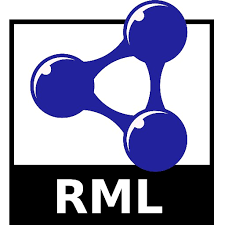
Think decentralised:
a future for Web data exchange with Solid

Decentralization needs service hubs
for realistic adoption and performance.

One Wikidata can facilitate smaller Wikidatas.
Solid makes an excellent glue.

Solid is about choice in alternatives.
Rethink how you organise your network.
Rethink app and service hub
development.
Build with our facilitating technologies (they're free!).
- RML, Linked Data Fragments, LDFlex, Comunica, and many more.
Join the Solid community at https://solid.mit.edu.
 Photo by Kelly Sikkema on Unsplash
Photo by Kelly Sikkema on Unsplash
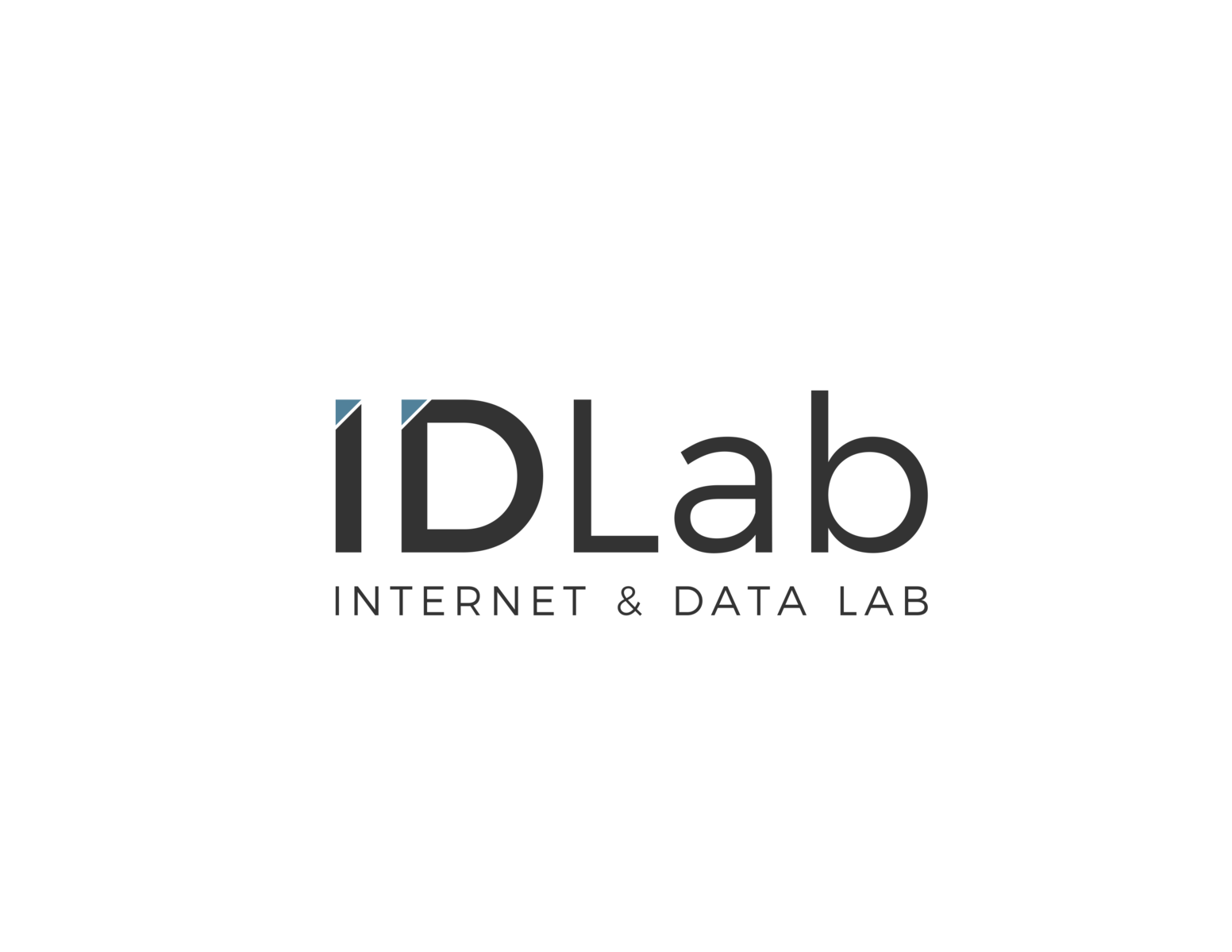
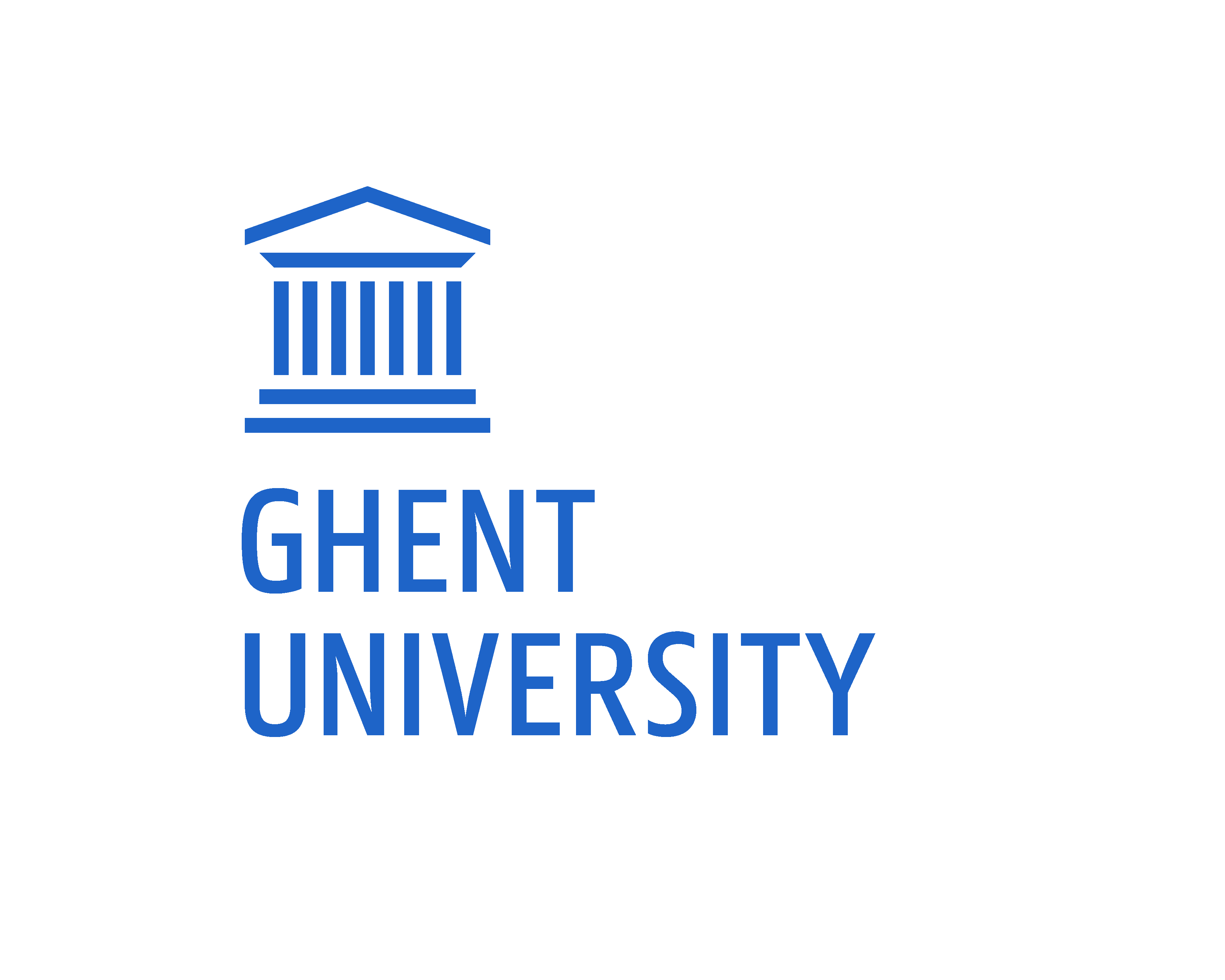




![[assorted-color plastic toy lot]](images/rick-mason-2FaCKyEEtis-unsplash.jpg)

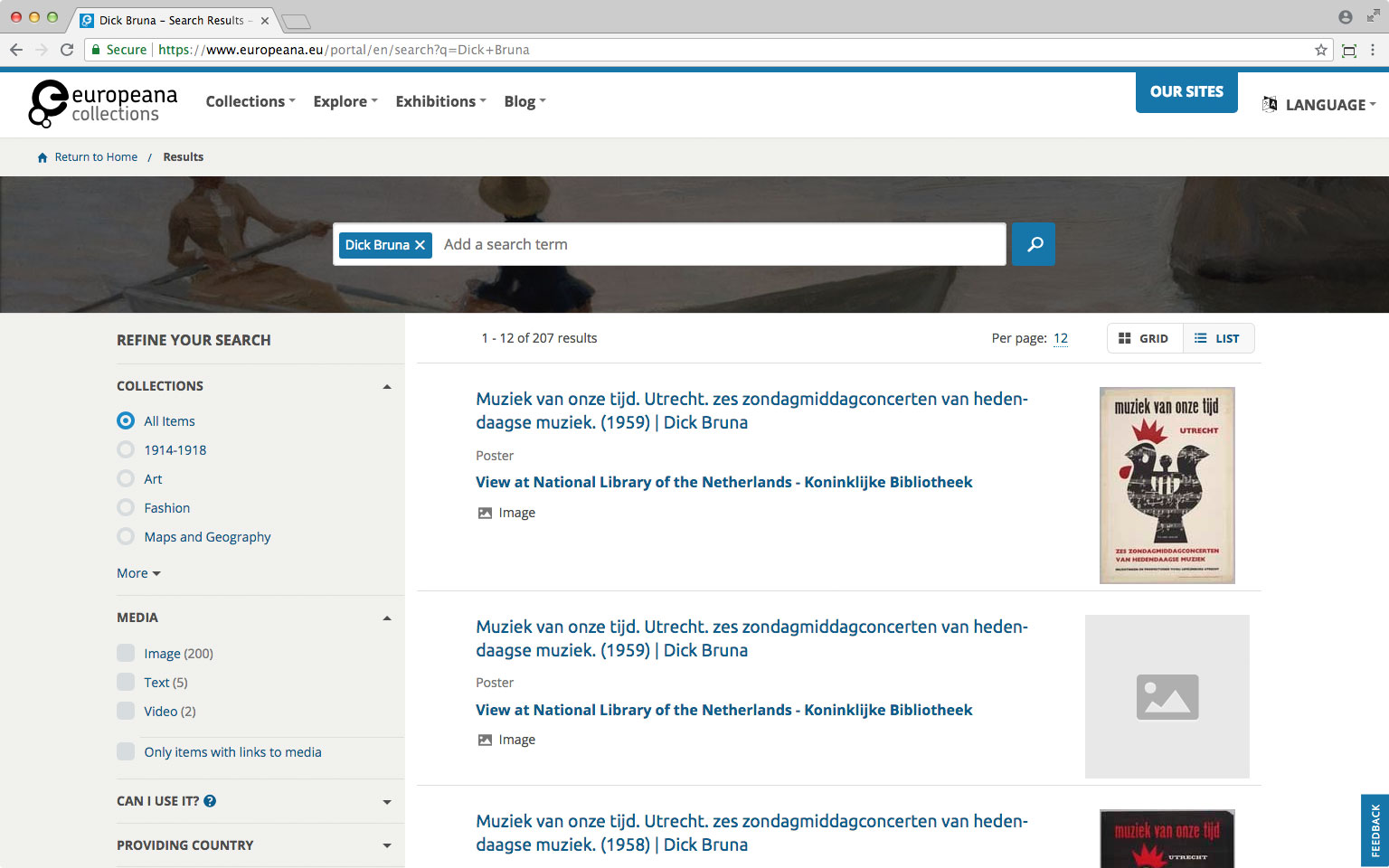



![[Screenshot comunica]](images/comunica.png)





